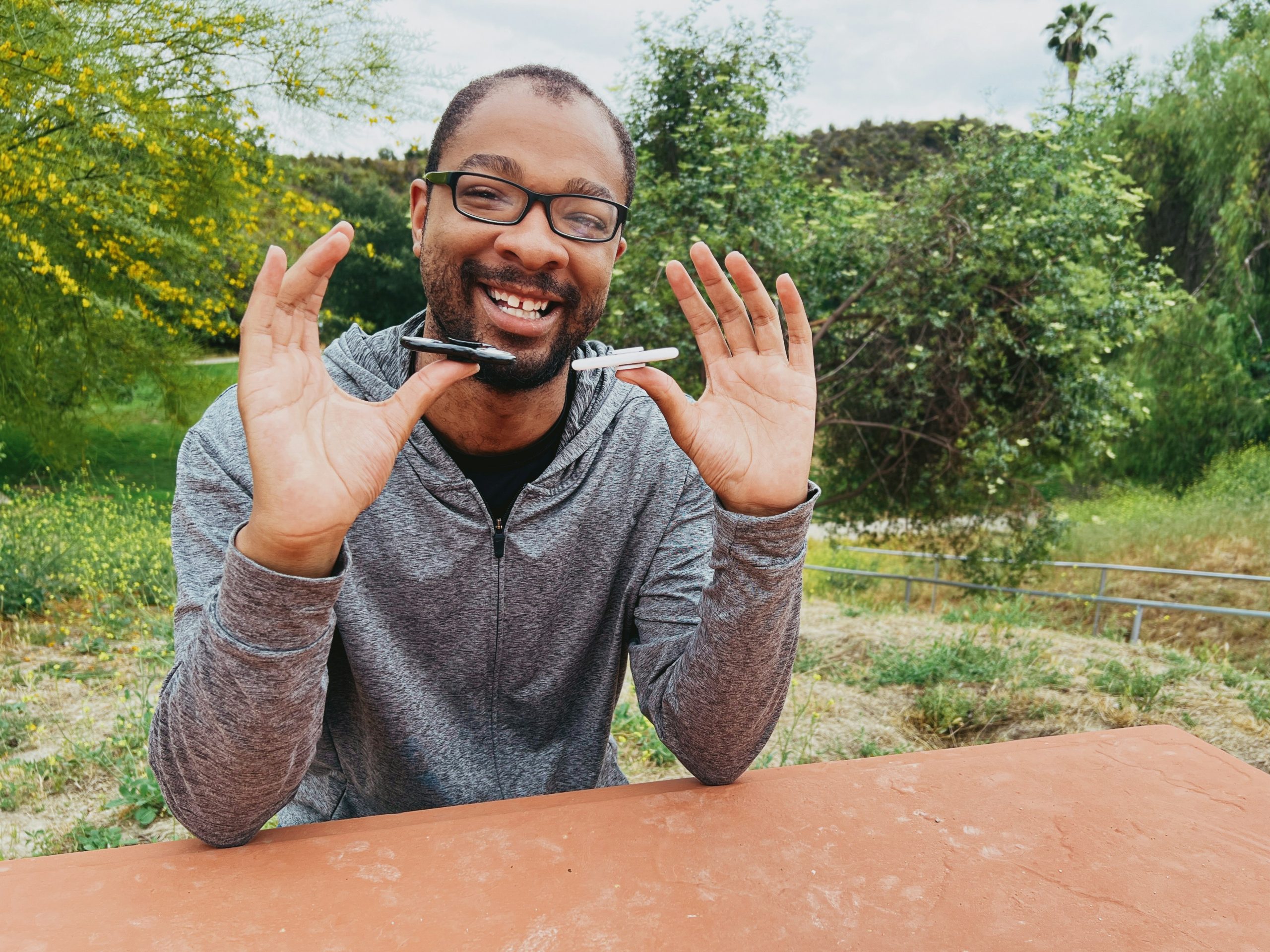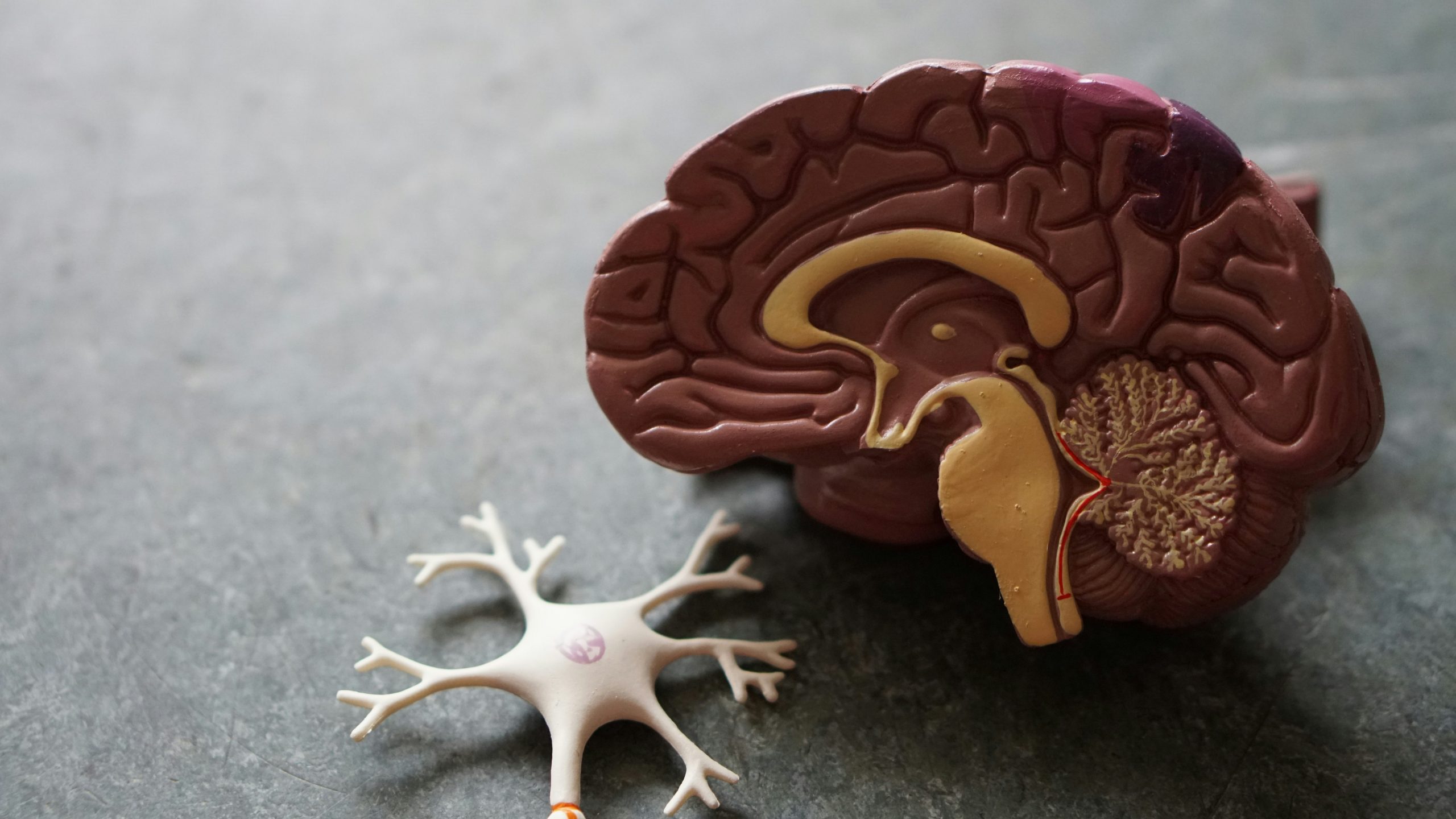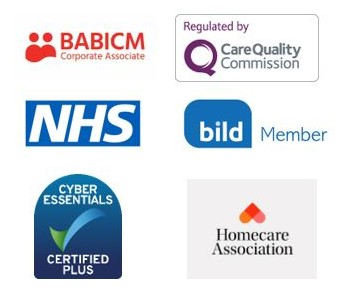
Empowering U’s Crash Pad was recently showcased in an ITV News investigation, highlighting the need for hospital admission avoidance strategies to reduce the number of adults, living with learning disabilities and autism spectrum disorder (ASD), being institutionalised as in-patients.
Pioneering Hospital Avoidance Strategies
ITV News recently aired an investigation, shedding light on the vital issue of adults living with learning disabilities and autism spectrum disorder and the need for hospital avoidance strategies. The investigation centres around the pioneering partnership between Empowering U and Black Country Healthcare NHS Foundation Trust (BCHNFT). Together, we are dedicated to offering community-based support to help individuals living with learning disabilities and ASD avoid institutionalisation.
Empowering U’s collaboration with the BCHNFT has made significant strides in supporting those living with learning disabilities and ASD. Rather than institutionalisation and hospitalisation, Empowering U provide empathetic, community-led support through our experienced care team to ensure every individual receives the highest level of care.
Industry Leading Solutions: The Crash Pad and Emergency Response Team
In 2021, the community Transforming Care Partnership (TCP) team was created to provide care within service users’ homes or within their usual care settings. The Black Country Healthcare NHS Foundation Trust (BCHNFT) partnered with Empowering U to create the ‘Crash Pad’ in June 2023, which provides an intense, short-term, safe, and supportive haven for TCP clients. While the Crash Pad is a short-term solution, the Emergency Response Team (ERT) is committed to providing long-term support.
Additionally, Empowering U provides valuable support and advice to the TCP/ERT through a proactive “eyes-on” approach, effectively minimising hospital admissions. This collaboration to provide support and advice has played a significant role in the development of this partnership with the BCHNFT, to create the Crash Pad.
From January to March 2024, Empowering U has supported 24 individuals through the Crash Pad. This short-term solution provides alternative options for adults, living with learning disabilities and / or autism spectrum disorder, who are at threat of hospital admission.
The length of support and stay is as unique to an individual as their needs and can range from a few days up to a few weeks. This pioneering approach offers a secure environment, away from home and mental health units, where local people can receive effective treatment. The aim is to identify and address behavioural and mental health issues whilst allowing individuals to retain their independence.
Personal Stories: Transforming Lives
“I have been ignored whilst having a meltdown, stepped over, and walk past. I felt very distressed a lot of the time, isolated and lost because there wasn’t the staff there to support me and make me feel better. As I was having a meltdown, they didn’t understand so they just sedated me”
Daisy, a Crash Pad service user living with autism.
Empowering U and the Crash Pad have provided Daisy with the community-based support she required. Prior to using the Crash Pad, Daisy’s meltdowns would often result in her being sedated. Through Empowering U and Crash Pad support, Daisy is now able to live a happy and independent life.
“When in the community, I’m just me. I’m just being myself and I don’t feel like just a number. I feel like who I am”.
Through the support of Empowering U Care Manager, Andrea Welsh, Daisy has been able to enjoy freedom and fulfilling her needs by showering, cooking, and going to the shop independently.
“Our goal is to offer a holistic approach to care by creating a comfortable and calm atmosphere in our crash pads. Situated on a quiet street, opposite our day centre in Willenhall, we understand that we cannot prevent every admission. Therefore, we also utilise our crash pads to support hospitals in addressing their bed waiting lists as well as”.
Andrea, Care Manager at Empowering U.
Supporting Hospital Systems: The Role of Empowering U
The collaborative approach of the Empowering U and BCHNFT partnership focuses on delivering individualised 1 to 1 or 2 to 1 support along with comprehensive care for individuals living with a learning disability or ASD. Understanding the constraints faced by NHS Mental Health Units (MHU), the Crash Pad aims to identify and address the specific needs and requirements of each individual.
When contacted, Empowering U promptly travel to the emergency departments throughout the West Midlands to assist in transporting to the Crash Pad and providing support for. The Crash Pad effectively minimises the occurrence of out-of-context mimicry and repetitiveness behaviour in service-users. This is not characteristic of their normal behaviour which may be presented during their admission in hospitals.
The importance of Empowering U’s Mental Health Team cannot be understated and, in conjunction with the Crash Pad, works to provide comprehensive clinical care. The ultimate aim is to provide a robust support system that is specific to an individual’s, enabling personal transformation and recognising the uniqueness of every patient’s journey.





